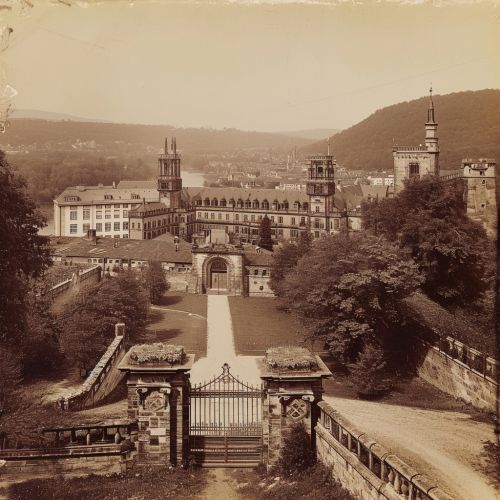Max Wolf
Early Life and Education
Max Wolf was born on June 21, 1863, in Heidelberg, Germany. He was the son of medical doctor Friedrich Wolf and his wife, Anna. Wolf's interest in astronomy was sparked at a young age, and he pursued this passion throughout his education. He studied at the University of Heidelberg, where he earned his doctorate in 1888.


Career
Wolf's career was marked by significant contributions to the field of astronomy. After completing his doctorate, he returned to the University of Heidelberg as a Privatdozent, a private lecturer. In 1890, he was appointed as an extraordinary professor, and by 1902, he had become a full professor at the university.
Wolf's work focused on the discovery and documentation of asteroids. He was a pioneer in the use of astrophotography, a technique that involves taking photographs of celestial bodies. This method allowed him to discover hundreds of asteroids, a feat that was unprecedented at the time.
In 1893, Wolf founded the Heidelberg-Königstuhl State Observatory, which became a leading center for astronomical research. He served as the director of the observatory until his death in 1932.


Contributions to Astronomy
Wolf's contributions to astronomy were numerous and significant. He discovered more than 200 asteroids, including 588 Achilles and 443 Photographica. His use of astrophotography revolutionized the way astronomers studied the night sky, allowing for more detailed and accurate observations.
In addition to his work with asteroids, Wolf also made significant contributions to the study of star clusters and galaxies. He was one of the first astronomers to use photographic plates to study these celestial bodies, leading to the discovery of several new galaxies.
Wolf's work earned him numerous awards and recognition from the scientific community. In 1914, he was awarded the Gold Medal of the Royal Astronomical Society, one of the highest honors in the field of astronomy.

Legacy
Wolf's legacy in the field of astronomy is significant. His pioneering use of astrophotography and his numerous asteroid discoveries have had a lasting impact on the field. The Wolf crater on the Moon and the asteroid 827 Wolfiana are named in his honor. The Max Wolf Medal, awarded by the German Astronomical Society, is also named after him.
